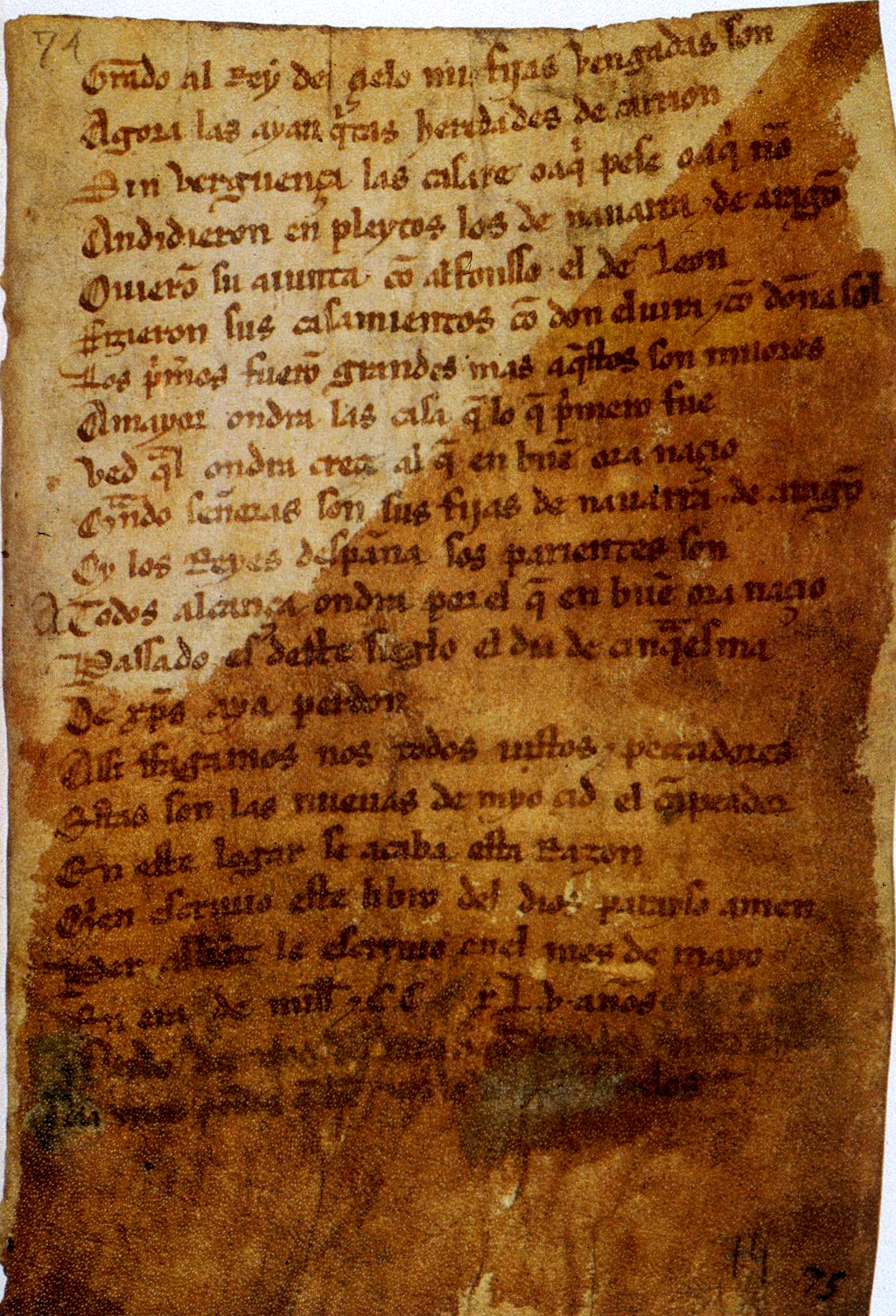Learning Spanish 101
- Introduction to Spanish
- Everyday Vocabulary
- Conversational Spanish
- Intermediate Grammar
- Travel Vocabulary
- Business Spanish
- Spanish Culture
- Advanced Grammar
- Spanish Literature
- Spanish in the Media
- Review and Practice
Intermediate Grammar
Understanding Future Tenses in Spanish

Grammar.
In Spanish, as in English, we use future tenses to talk about actions, events, or conditions that will happen or be true in the future. This unit will introduce you to the two main future tenses in Spanish: the Simple Future and the Future Perfect.
Simple Future Tense
The Simple Future tense is used to talk about things that haven't happened yet but will happen in the future. It can also be used to make predictions or express uncertainty about the future.
The Simple Future tense is formed by taking the infinitive form of the verb and adding the appropriate ending. For example, the verb "hablar" (to speak) in the Simple Future tense would be "hablaré" (I will speak), "hablarás" (you will speak), "hablará" (he/she/it will speak), "hablaremos" (we will speak), "hablaréis" (you all will speak), "hablarán" (they will speak).
Future Perfect Tense
The Future Perfect tense is used to talk about something that will have happened by a certain point in the future. It's formed by using the future tense of the auxiliary verb "haber" followed by the past participle of the main verb.
For example, the verb "comer" (to eat) in the Future Perfect tense would be "habré comido" (I will have eaten), "habrás comido" (you will have eaten), "habrá comido" (he/she/it will have eaten), "habremos comido" (we will have eaten), "habréis comido" (you all will have eaten), "habrán comido" (they will have eaten).
Expressing Probability and Uncertainty
In Spanish, the future tense can also be used to express probability or uncertainty in the present. This is similar to the English construction "I wonder..." or "He must be...". For example, "¿Dónde estará Juan?" could be translated as "I wonder where Juan is?" or "Where could Juan be?".
Practice Exercises
To practice using future tenses in Spanish, try to translate the following sentences:
- I will travel to Spain next year.
- She will have finished her work by 5 o'clock.
- Where will they be tomorrow?
- We will have arrived by the time the party starts.
- He must be at home now.
By the end of this unit, you should be able to confidently use the Simple Future and Future Perfect tenses in Spanish. Remember, practice makes perfect, so keep practicing these tenses in your conversations and writings.